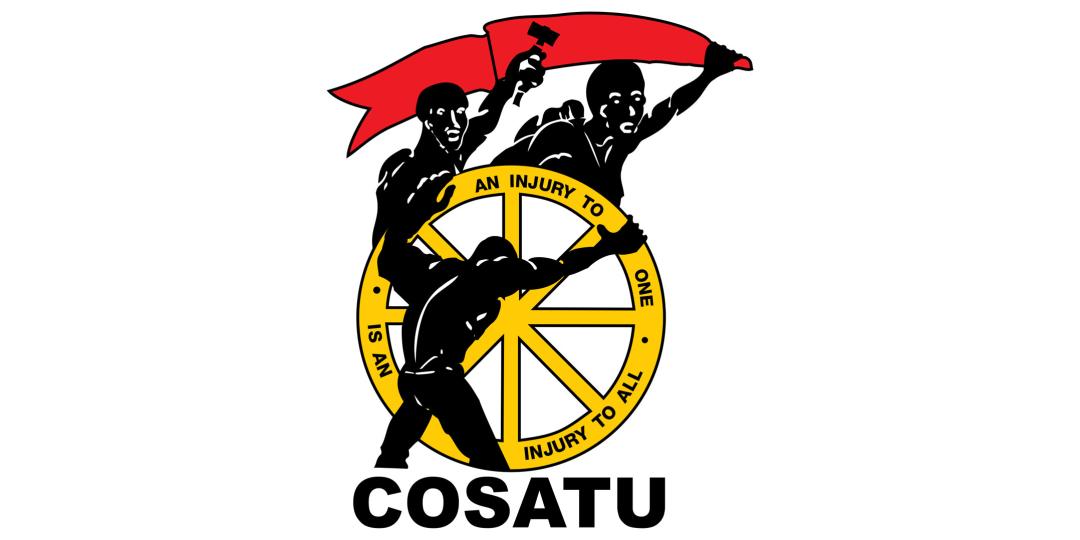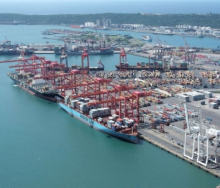The Congress of South African Trade Unions (Cosatu) has called for the government to take drastic action to avoid a deepening unemployment crisis that could soon lead to almost half of the working age population being jobless.
The country’s largest trade union federation was reacting to the latest data released by Statistics South Africa on Wednesday which showed that the official unemployment rate rose 0.4 percentage points to a record 35.3% in the fourth quarter of last year. The expanded definition of unemployment is now 46.2% and analysts have expressed concern that this figure may rise in the next quarter due to the war in Ukraine and global oil and domestic fuel price hikes.
“This is very alarming because it means that in no time about 50% of people in the working-age population will be officially unemployed. The government’s decision to suffocate the economy by implementing a framework of economic policies that do not place employment creation as a priority but is geared at reducing the budget deficit and containing the debt burden has backfired,” Cosatu national spokesperson Sizwe Pamla said.
“The federation is disappointed by the timid response from the government in resolving some of the most critical issues bedevilling the nation. The problem of load-shedding has left the economy bleeding, and it is disappointing that the government has failed to offer leadership on this urgent and critical issue,” he said.
The government had also done nothing to arrest exponentially rising fuel prices, he added.
“The fuel price increases and the ongoing load-shedding have created more hardship for the working class that is already suffering from high levels of unemployment and stagnant or declining real wages. The country needs a more stable and affordable electricity tariff regime conducive to industrial and economic growth.”
Pamla said Eskom’s debt relief package should be finalised so that its unhealthy dependence on double-digit tariff hikes would end.
“The government needs to intervene now to save Transnet and Metro Rail. An efficient Transnet will get our mining, manufacturing, and agricultural products to their markets on time, helping to save and create jobs in those sectors. A revived Metro Rail will get 10 million workers to work on time and off our roads. This will boost economic productivity and lessen our dependence on petrol.
“Investing in additional personnel and resources for Sars will enable it to ramp up customs duties enforcement. This will not only generate badly needed revenue for the state but also help protect local manufacturing jobs,” he said.
The union also called for Presidential Employment Stimulus funding to be doubled to R30 billion to help create one million job opportunities for young people.
Pamla said the government should also focus on entrepreneurship programmes to encourage job creation.
“Banks need to be engaged to provide affordable and accessible credit to young people wanting to set up their own businesses. The R35 billion in state financing for SMMEs must be provided on conditions that are affordable for SMMEs.”
He also called for the overhauling of the public procurement system into a single, open, online system for the entire state.
“This will make it easier to monitor and ensure that it favours local procurement and prioritises young entrepreneurs.”
United Association of South Africa spokesperson Abigail Moyo said the high unemployment rate was "most concerning".
“The unemployed now count for a staggering 7.9 million in a country with a population of 40 million adults. While they cannot find jobs, unemployed workers have been carrying the brunt of the increasing cost of living,” Moyo said.
She added that public and government support and funding for SMMES would help to create jobs.
National Employers' Association of South Africa (Neasa) chief executive Gerhard Papenfus said SA had the highest unemployment rate globally.
“We are followed by Spain (13.3%), Turkey (11.4%) and Brazil (11.2%). Our current unemployment predicament means that 7.9 million people, who could otherwise make a constructive contribution towards the economy and in their local environments, are now either fully dependent on the state or family and friends. Many of them have resorted to crime,” he said.













